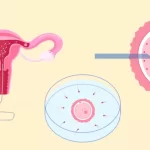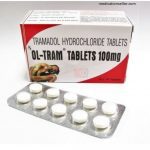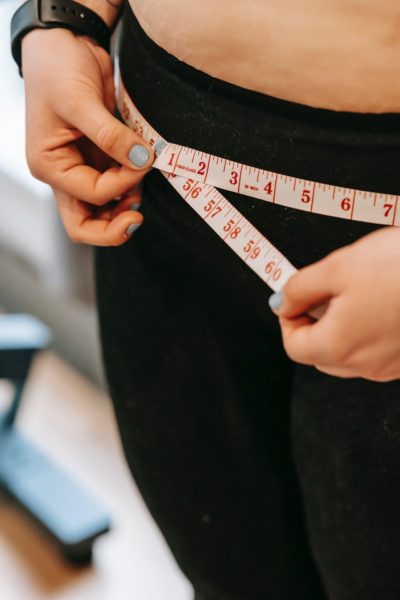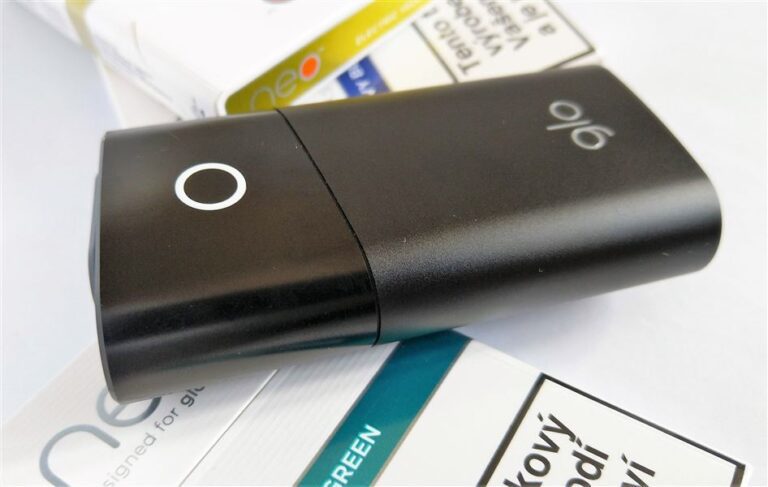Every woman is different. That’s why they need unique treatment plans to maximize the likelihood of convincing a healthy baby. Intrauterine insemination (IUI), In vitro fertilization (IVF), and IVF with egg donors are the treatments commonly used for infertility. These artificial approaches aim to help conception in women experiencing infertility. This article describes the differences between these procedures, including how they work, their best candidates, benefits, side effects, success rates, and costs.
What is Intrauterine insemination (IUI)?
Intrauterine insemination (IUI), also known as artificial insemination, involves inserting sperm into the uterus by a thin catheter through the cervix. In IUI, sperm is first washed, and the most motile ones are selected. It takes approximately two weeks after the procedure to know if the treatment is successful. Intrauterine insemination is most often used to treat mild male-factor and unexplained infertility.
What is In-vitro fertilization (IVF)?
In vitro fertilization (IVF) is a multi-step fertility treatment. Fertilization in IVF occurs outside the body in a laboratory dish. During this procedure, eggs are removed from the ovaries and fertilized with sperm in the lab. The resulting fertilized egg (embryo) is then returned to the uterus to wait for pregnancy. Some couples go straight to IVF right from the start when they suffer from fallopian tube damage, moderate to severe endometriosis, pelvic adhesions, and more than mild male factor infertility. Others may try other fertility treatments such as fertility medications, surgery, or IUI first.
What is IVF with Egg Donor?
Egg donor IVF is a fertility treatment procedure for those unable to use their eggs for whatever reason. The procedure for egg donation and implantation is similar to standard IVF treatment, except that the used eggs are from an egg donor. Using a donor egg means the patient won’t be related to the baby biologically, but she is still listed as the birth mother on record.
IUI, IVF, and IVF with Donor Egg Differences
IUI is a procedure that inserts sperm directly into the uterus with a catheter. This technique reduces the time and distance for the sperm to travel to the egg and fertilize it. This process is different from IVF, where the eggs and sperm are joined outside of the body in a lab environment.
IUI is a simple procedure that usually takes 5–10 minutes compared to IVF. IUI is also cheaper than IVF. However, IUI is less successful.
Once the sperm is injected into the uterine, the body’s natural processes will take over in IUI. In IVF, the fertility doctor can monitor whether an egg has been fertilized and select the best embryo(s).
The difference between IVF and IVF with egg donors is that in egg donation, the patient should first select an egg donor who is a healthy young woman.
Best Candidates for IUI, IVF, and IVF with Donor Egg
Infertility treatments are recommended for couples who have problems with conceiving a baby. The best candidates for IUI, IVF, and IVF with donor eggs are listed below.
IUI candidates are:
- Women with at least one open fallopian tube;
- Women with problems in their endometrial tissue;
- Women with abnormal discharge;
- Men with low motility sperm or poor sperm count;
- Women with cervix disorders.IVF candidates are:
- Women with blocked fallopian tubes;
- Women with Polycystic ovarian syndrome (PCOS);
- Women with severe endometriosis;
- Women with irregular ovulation cycles;
- Men with male-factor infertility.Candidates of IVF with donor egg include:
- Women who release poor-quality eggs;
- Women who have failed to produce good-quality embryos in at least three IVF cycles;
- Women with a genetic disease can be transmitted to the fetus.
IUI, IVF, and IVF with Donor Egg: Success Rates
Success rates for IUI are generally around a third of that for IVF, ranging between 5-20% per cycle. The success rate of IVF is about 50% in women below 35 years old. As the age increases, the chances of success decrease. In more detail, IVF success rates are:
- 52% for people aged 35 or younger;
- 38% for people aged 35 to 37;
- 23.5% for people aged 38 to 40;
- 7.6% for people over 40 years old.
When combining IVF and donor eggs, the success rates are even higher. It is because IVF with donor eggs uses eggs from a healthy woman in her 20s. Therefore, a woman in her 40s will have IVF success rates comparable to a healthy woman in her 20s.
IUI, IVF, and IVF with Donor Egg: Benefits and Complications
The benefits of infertility treatments like IUI, IVF, and IVF with egg donors are an increased pregnancy chance. Potential complications may include:
- multiple pregnancies;
- side effects from fertility drugs, such as ovarian hyperstimulation syndrome;
- ectopic pregnancy.
What is Islamic Position Regarding IVF with Donor Egg?
Today, assisted reproductive technologies help many infertile couples who hope to have children and preserve their families. IVF with donor egg is one of those methods which is also permitted in Islam based on the opinion of Shiite and Sunni scholars.
Iran, as an Islamic county, is one of the hubs of infertility treatments like egg donation in the world. IVF with egg donors in Iran is fully supported by Iranian law and religious authorities. Therefore, Muslim women who want to use a Muslim woman’s egg can travel to Iran to perform this infertility technique.
IUI, IVF, and IVF with Donor Egg: Which is more Cost Effective?
An IUI cycle is the most cost-effective. However, Performing IVF may be worthwhile for some patients because it has significantly higher success rates. The average cost of IUI in Iran is $400 to $700 per cycle, and IVF cost ranges between 1,200 to 2,500 USD. These costs depend on the doctor’s fee, the hospital’s facilities and location, fertility drugs, laboratory tests, the number of ultrasounds, consultation dues, and whether to use a donor egg. On average, the cost of IVF with egg donation in Iran ranges between 4,000 to 5,000 USD.
Read more: https://raadinahealth.com/en/treatments/egg-donation
Conclusion
Many patients may experience physical, emotional, and financial challenges while undergoing fertility treatments. However, luckily, nearly 90% of infertility cases are treatable with medical therapies like IUI and IVF. With over 30 years of experience in infertility treatment, Iran has become an excellent destination for couples suffering from fertility problems from all around the world. More than 70 infertility centers are offering high-qualified infertility treatments. It is also a low-cost travel destination with a high success rate and low fertility treatment costs.
Contact at Raadina Heath to schedule an appointment and learn how fertility treatment in Iran can help you overcome infertility.































































